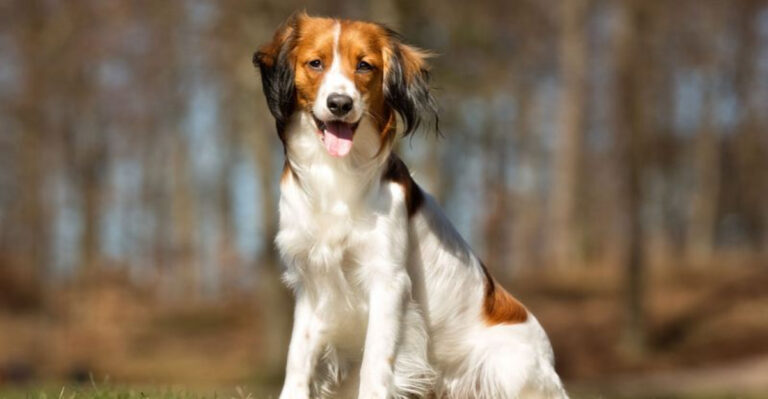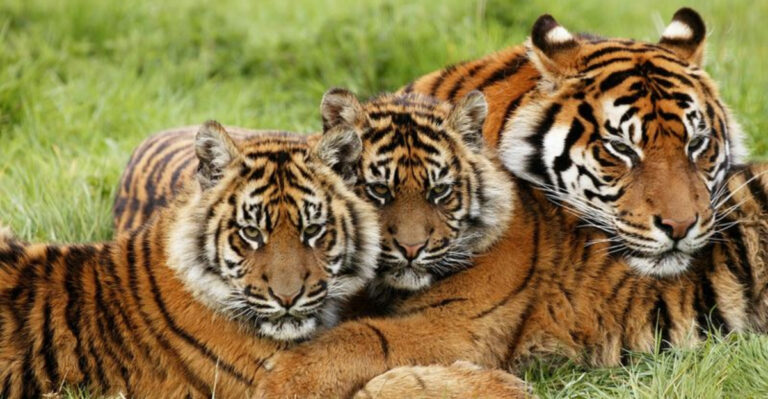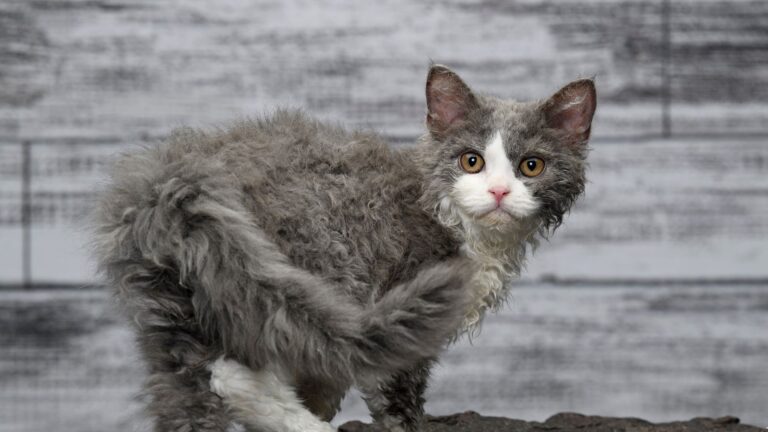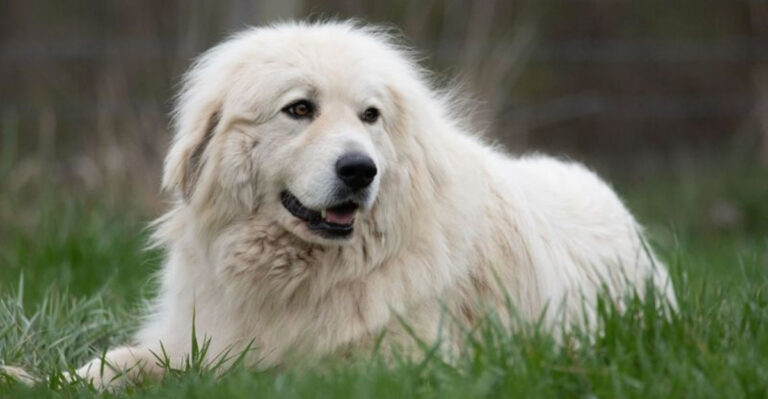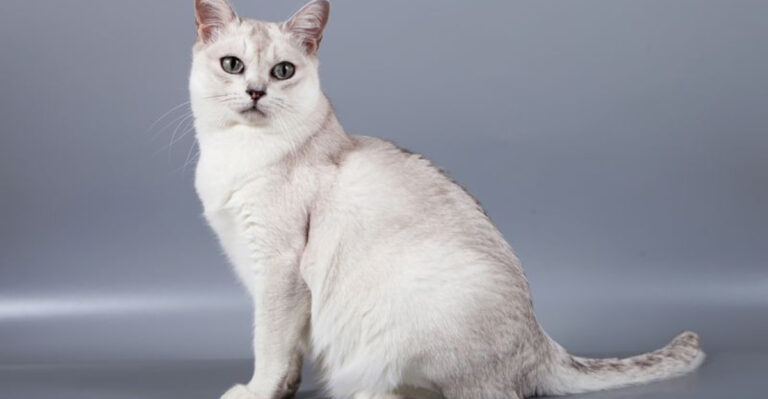12 Reasons Why Parrots Are One Of The Most High-Maintenance Pets
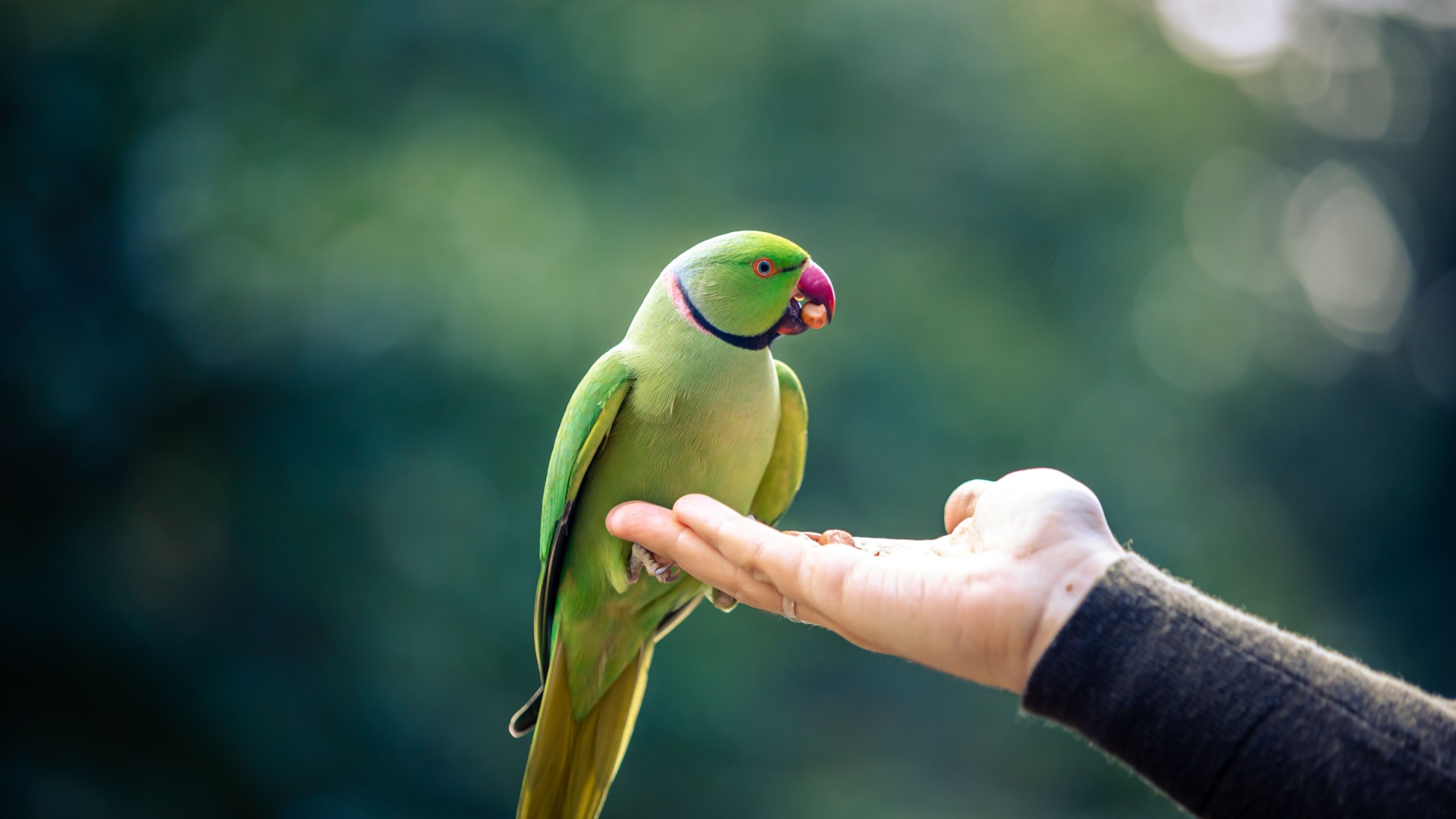
Parrots are undeniably captivating creatures, known for their vibrant plumage and remarkable intelligence. However, these feathered companions demand a level of care that often exceeds that of more conventional pets.
From their complex dietary requirements to the emotional investment needed to keep them happy, parrots can be quite a challenge for even the most dedicated pet owners.
Here, we explore some of the reasons why parrots are considered one of the most high-maintenance pets.
1. Dietary Requirements
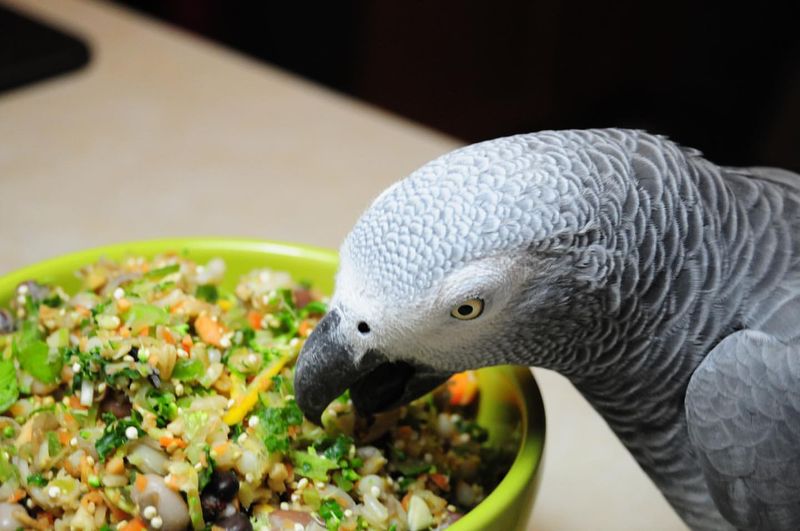
Parrots boast a diet as colorful and varied as their plumage. Unlike more conventional pets, you can’t just scoop kibble into a bowl and call it a day. Parrots require a mix of fruits, vegetables, nuts, and seeds to maintain optimal health. This means regular trips to the store to stock up on fresh produce.
Furthermore, some species have specific dietary needs, such as pellets or particular fruits that suit their digestive systems. You also need to be aware of foods toxic to parrots, like chocolate and avocado. This adds an extra layer of attention to their diet planning.
Overall, meal preparation can feel more like crafting a gourmet dish rather than feeding a pet. It’s essential to remain vigilant and informed about their dietary needs to ensure they thrive.
2. Social Interaction
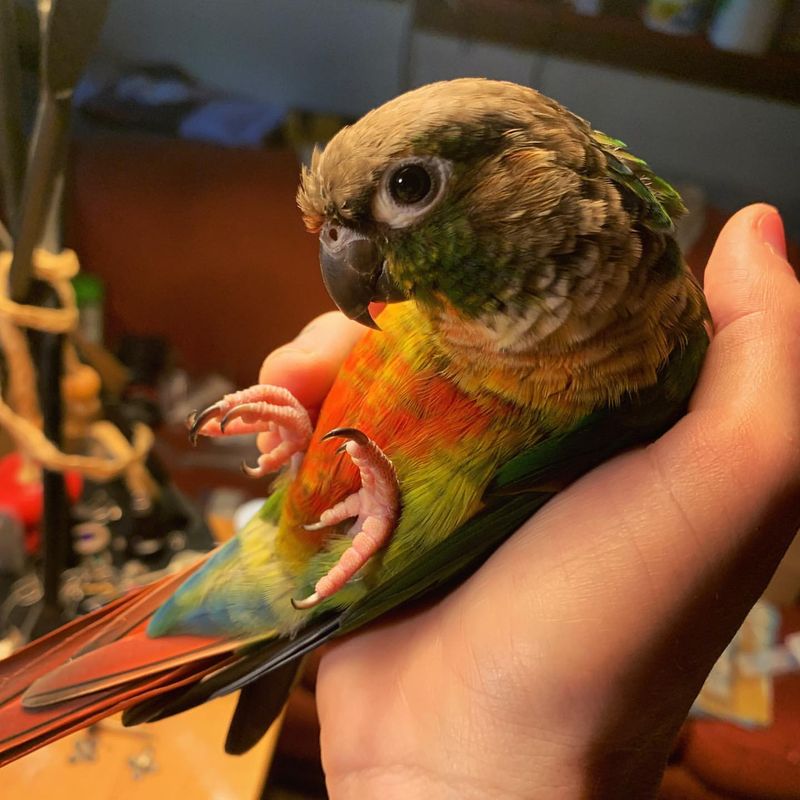
Social creatures with big personalities, parrots require constant interaction to stay happy and healthy. A life spent alone in a cage can lead to frustration, depression, and even behavioral problems. Much like humans, they thrive on companionship, mental stimulation, and daily engagement.
Keeping them entertained means setting aside hours for talking, playing, and bonding. Interactive games, teaching new words, or even taking them on a secure outdoor walk can help meet their social needs.
Without consistent attention, parrots may resort to destructive behaviors like feather plucking out of boredom or loneliness. More than just a pet, they need a dedicated, hands-on companion who’s ready for a lifelong commitment.
3. Lifespan Considerations
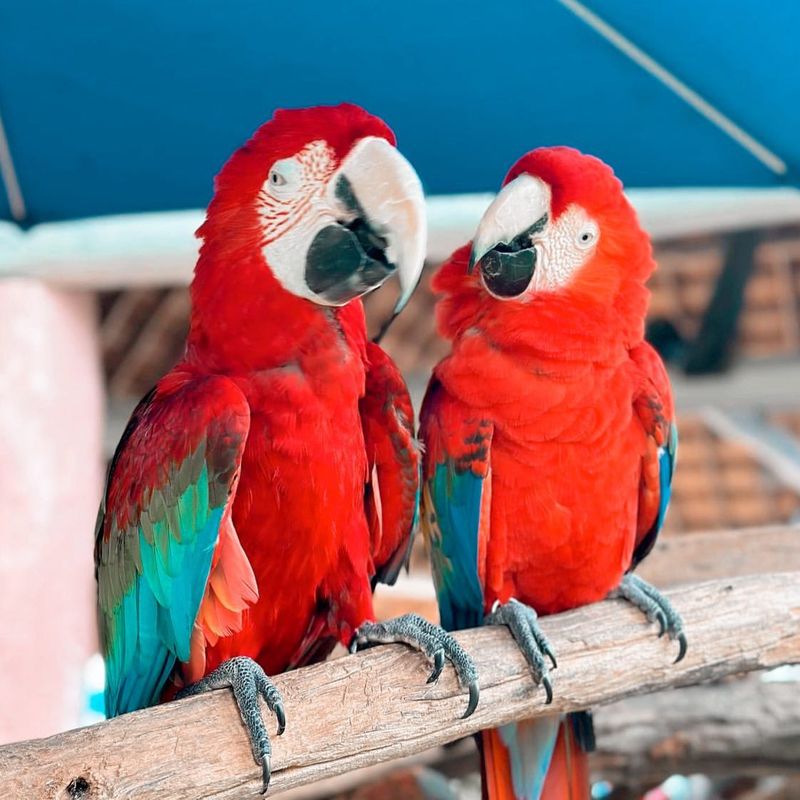
Parrots enjoy impressively long lifespans, sometimes outliving their owners. For instance, larger species like macaws can live upwards of 80 years. This makes owning a parrot a lifelong commitment that can span generations.
Prospective owners need to consider who will care for the parrot if they can no longer do so. Unlike other pets, parrots might need multiple caretakers over their lifetime. This longevity requires planning for their care, emotionally and financially.
It’s not just about the present; it’s about preparing for decades of companionship and responsibility.
4. Environmental Enrichment
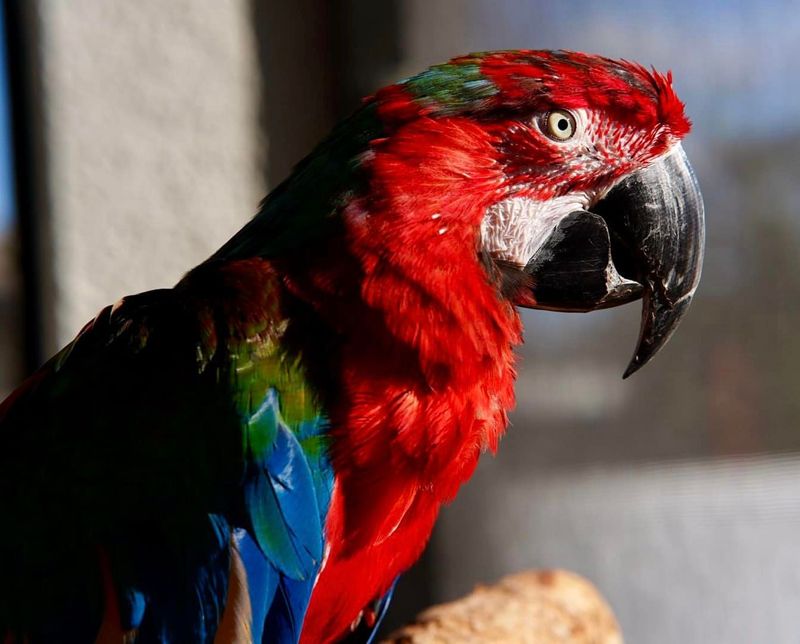
A bored parrot is a recipe for trouble – think screaming, feather-plucking, and pure mischief! A basic cage just won’t cut it for these smart, curious birds. They need a dynamic, ever-changing environment filled with toys, climbing spots, and fun challenges to keep their minds busy.
Swapping out toys, rearranging perches, and adding foraging puzzles can turn their space into an exciting playground. But enrichment isn’t just about stuff – it’s about mental stimulation, problem-solving, and social engagement.
These birds love a good brain teaser just as much as a new perch to explore. Keeping a parrot entertained means constantly thinking one step ahead, making sure their world is as exciting as their personality!
5. Noise Levels
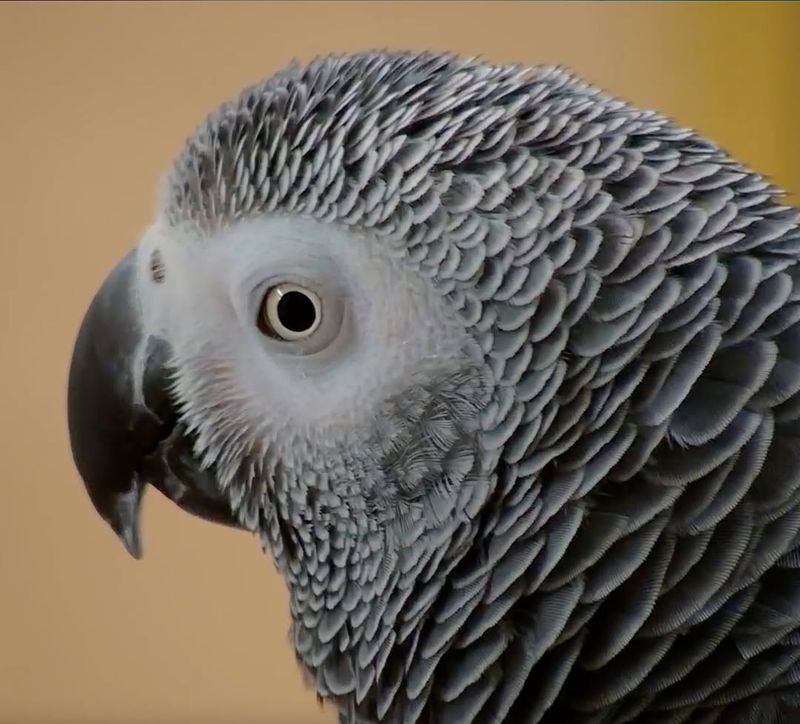
Parrots are known for their vocal prowess, which can be both a blessing and a curse. Many species are adept at mimicry, imitating household sounds and human speech with uncanny accuracy. However, this also means they can be incredibly loud.
The noise level can be surprising and overwhelming, especially during early mornings or evenings when they are most vocal. For those unprepared for such auditory displays, this might be jarring. Managing a parrot’s vocal habits requires patience and understanding.
It’s essential to embrace their chatter as part of their charm, albeit boisterous at times.
6. Health Monitoring
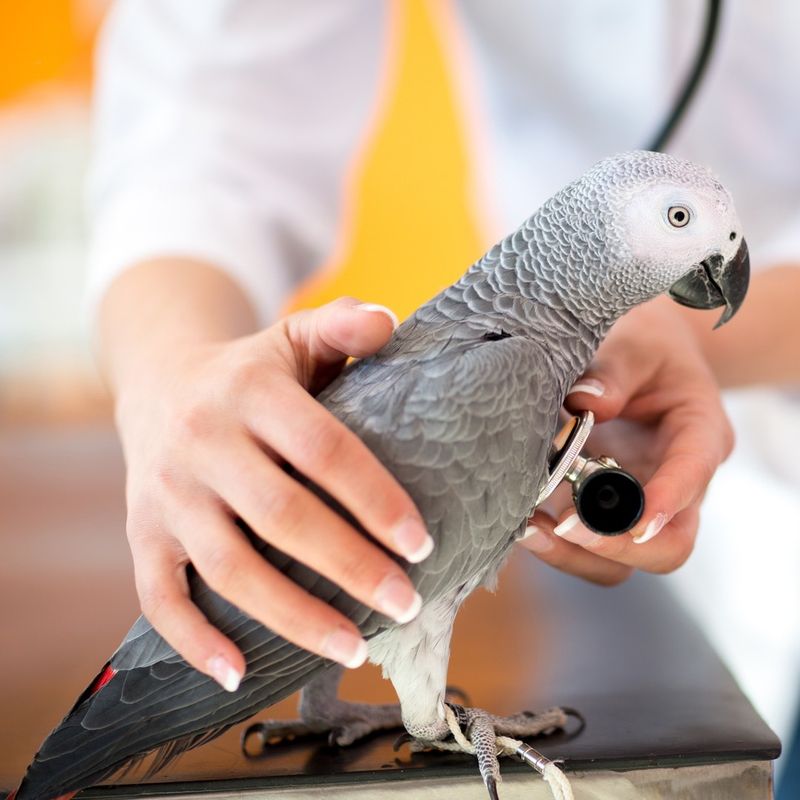
Regular health check-ups are vital for maintaining a parrot’s well-being. Unlike dogs or cats, signs of illness in parrots can be subtle and easily overlooked. Owners must be vigilant in observing changes in behavior, eating habits, or droppings.
Establishing a relationship with an avian veterinarian is crucial. These specialists understand the unique health needs of parrots and can provide tailored advice and care. Parrots require vaccinations, screenings for common diseases, and preventative care to ensure longevity.
Investing time and resources into their health is non-negotiable for responsible parrot ownership.
7. Space Requirements
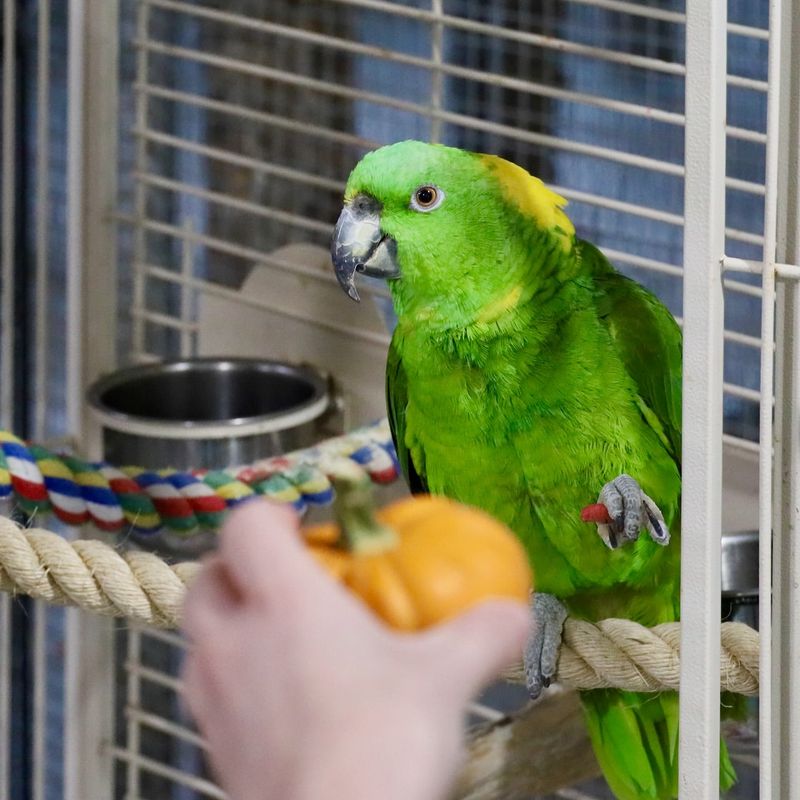
Tiny cage? No way! These big, bold birds need space – lots of it – to stretch, climb, and explore. Squeezing a large parrot into a cramped setup is like shoving a gymnast into a closet. Owners have to think big, dedicating plenty of room for massive cages, play areas, and soaring perches.
Exercise isn’t optional, it’s essential for their health and happiness. Without enough space, parrots can get cranky, stressed, and even develop health problems. Creating a parrot-approved home might mean rearranging furniture, hanging perches in unexpected places, and parrot-proofing every corner.
When you bring a parrot into your home, you’re not just adding a pet – you’re redesigning your space to fit their lively, adventurous lifestyle!
8. Training Needs
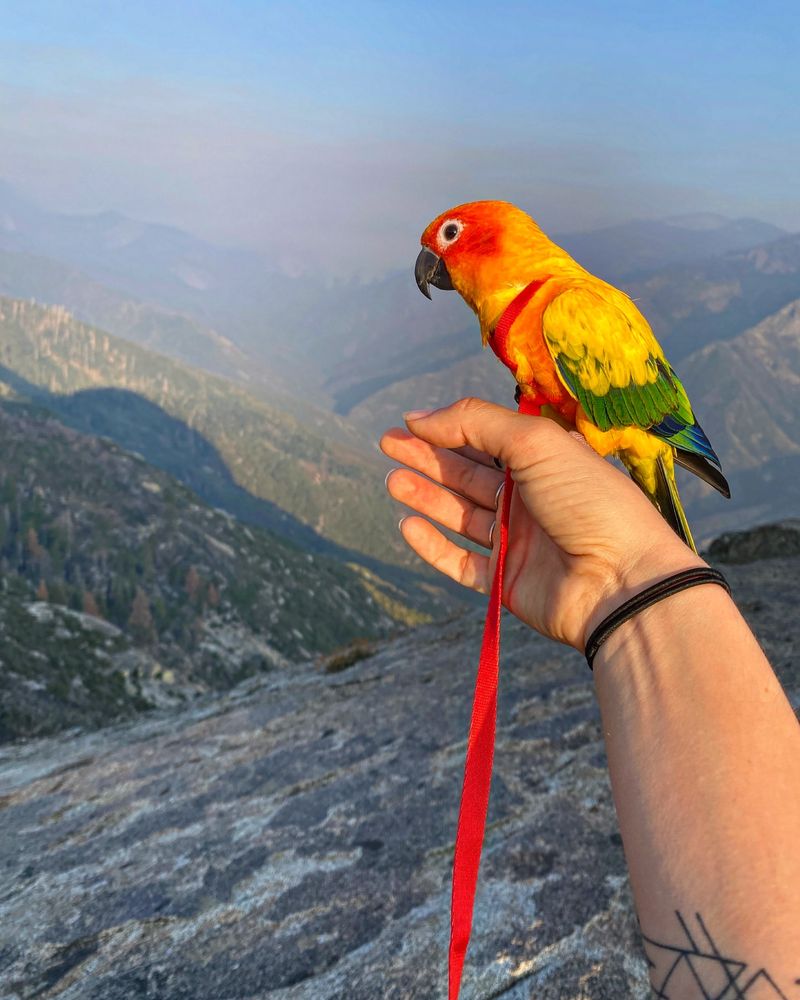
Training is an essential aspect of parrot ownership, as it helps manage behavior and provides mental stimulation. These intelligent birds can learn a wide array of tricks and commands, from simple words to complex tasks.
Training sessions should be consistent, patient, and positive. Owners need to find the right balance between discipline and encouragement to foster trust and cooperation. This process requires time and dedication, as not all parrots learn at the same pace.
Moreover, successful training enhances the bond between owner and parrot, making it a rewarding endeavor for both parties.
9. Unique Grooming Needs
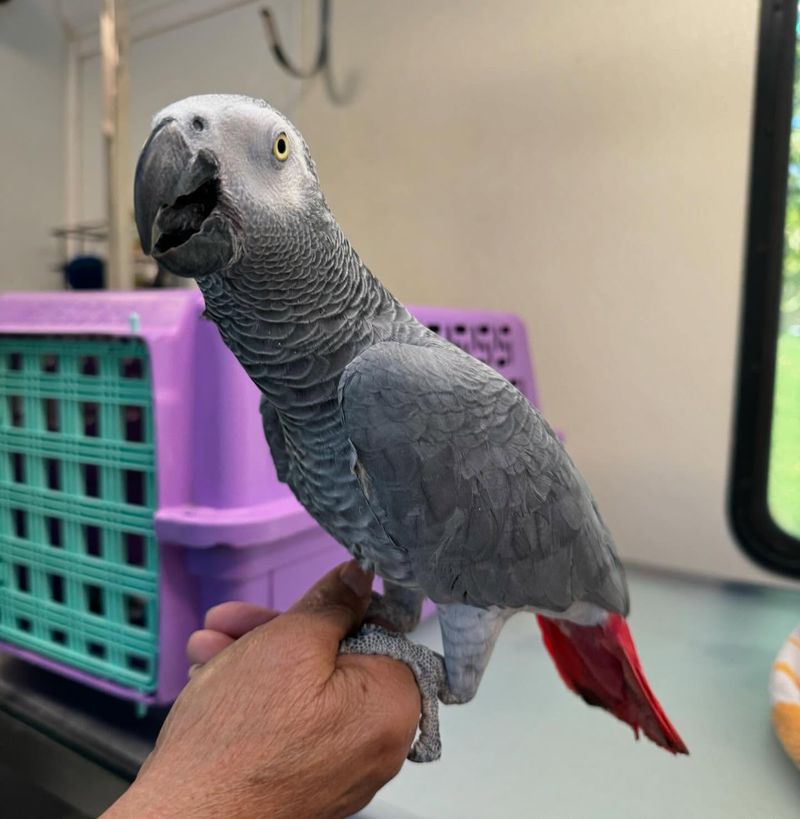
Parrots have distinct grooming needs that go beyond regular baths. These include beak trimming, nail clipping, and feather maintenance. Knowing how to properly groom them is vital for their health and comfort.
Improper grooming can lead to injury or stress, so it’s often recommended to seek professional help or thorough training before attempting it at home. Regular grooming prevents overgrowth and discomfort. Providing bathing opportunities and maintaining feather health are equally important.
Whether it’s misting them with water or providing a shallow dish for them to splash in, grooming is a vital aspect of their care routine.
10. Travel Challenges
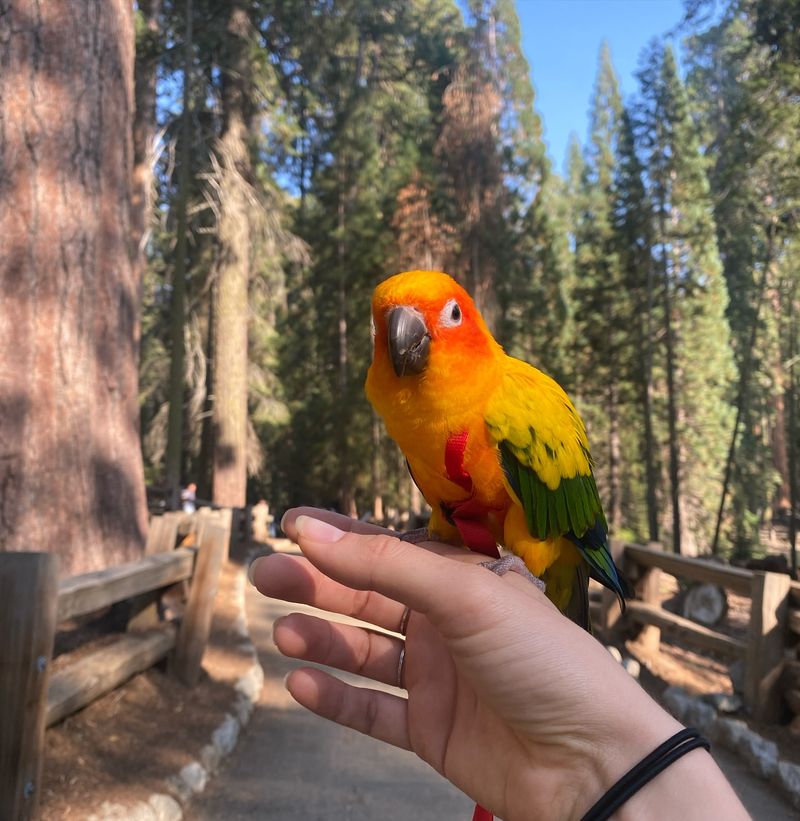
Hitting the road (or sky) with a parrot? Buckle up – this isn’t your average pet travel experience! Whether it’s a quick drive or a cross-country flight, these feathered divas need extra planning. Regulations can be tricky, so checking travel guidelines ahead of time is a must.
A comfy, secure carrier with good visibility is essential to keep them safe and stress-free. Getting them used to their travel setup beforehand can make all the difference. Snacks, water, and their favorite toys? Absolutely necessary for a smooth journey.
With the right prep, your parrot can be a happy co-pilot, just don’t expect them to help navigate!
11. Allergy Considerations
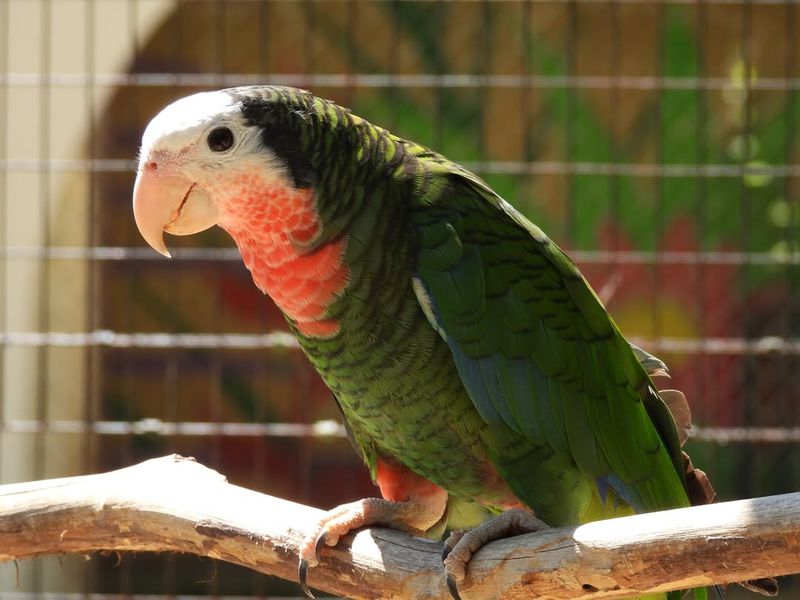
Feather dust and dander from parrots can trigger allergies in sensitive individuals. This is an important consideration before bringing a parrot home.
Regular cleaning and air filtration can help manage allergens, but owners must be prepared for the impact on their household environment.
Understanding your own sensitivities and those of your family is crucial. It’s about ensuring everyone, including the parrot, can live comfortably together.
12. Commitment And Responsibility
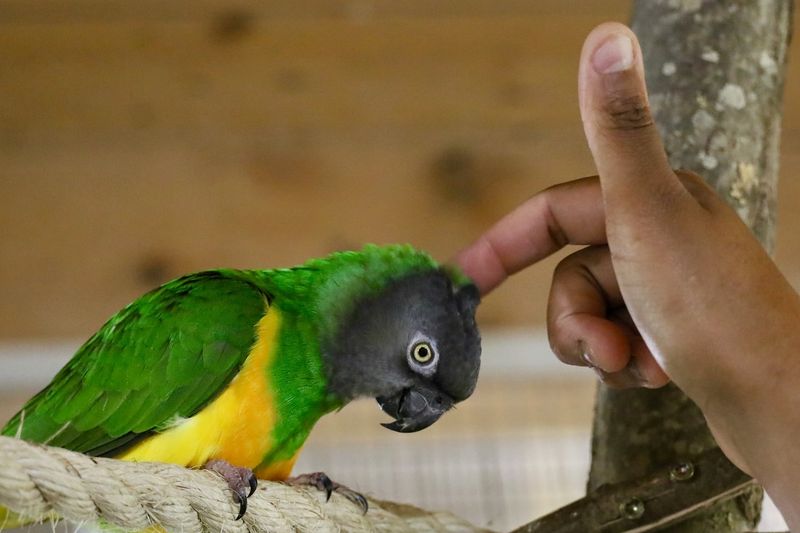
Owning a parrot is not just about admiration from afar. It’s a commitment that requires daily involvement and responsibility. From feeding and cleaning to providing companionship and care, it’s a full-time role.
Prospective owners should understand the time, effort, and resources needed to keep a parrot healthy and happy. This goes beyond mere affection; it’s about dedication to their well-being. Parrots demand attention and care that can rival that of raising a child.
The rewards are great, but the commitment is equally significant, requiring a lifetime of diligent care and love.

